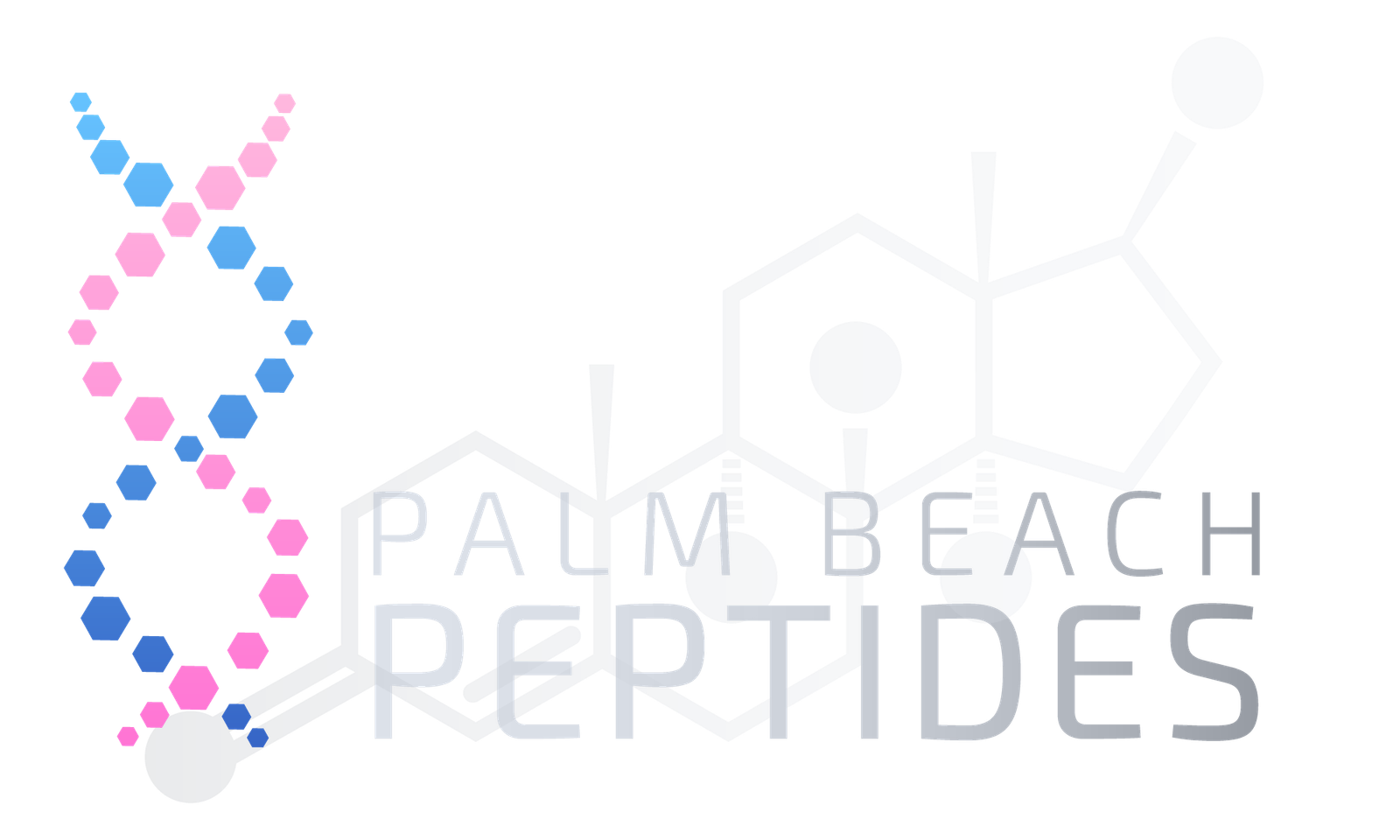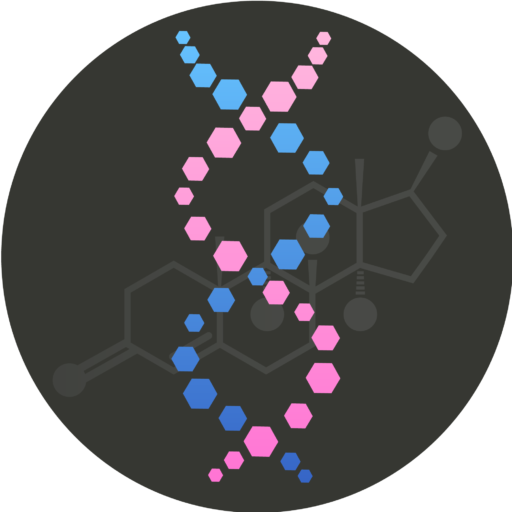Stem cell therapy, an innovative facet of regenerative medicine, harnesses the potent abilities of stem cells to catalyze tissue repair and regeneration. This blog post aims to unpack the intricacies of stem cell therapy, serving as a comprehensive guide to the variety of stem cell types, their diverse applications, their indispensable role in regenerative medicine, pioneering research, breakthroughs, and answering common questions and doubts surrounding this revolutionary treatment approach.
Stem Cells: Types and Their Remarkable Uses
Stem cells, with their remarkable ability to morph into specialized cells and tissues, play a significant role in the medical world. There are various types of stem cells, each with their unique characteristics and applications:
Embryonic Stem Cells: Extracted from early-stage embryos, these pluripotent cells can convert into any cell type in the body, making them invaluable for developmental studies, disease modeling, and prospective therapies.
Adult Stem Cells: Located in tissues and organs throughout the body, adult stem cells aid in maintaining and repairing damaged tissues. These stem cells are specialized and can differentiate into specific cell types of their original tissue.
Induced Pluripotent Stem Cells (iPSCs): Formed by reprogramming adult cells, iPSCs resemble embryonic stem cells. Their ability to be patient-specific makes them handy for disease modeling, drug testing, and prospective therapeutic applications.
Stem Cell Therapy: A Beacon for Regenerative Medicine
Stem cell therapy bears enormous potential in regenerative medicine, stimulating healing, and reinstating functionality in an array of conditions. By introducing stem cells into damaged tissues or organs, this treatment bolsters the body’s natural healing mechanisms. It shows promise in treating a variety of conditions, including:
Orthopedic Injuries: Stem cells are utilized to mend damaged cartilage, tendons, and bones, providing regenerative solutions for ailments like osteoarthritis and sports injuries.
Neurological Disorders: Stem cell therapy serves as a beacon of hope for neurodegenerative disorders like Parkinson’s disease and multiple sclerosis, along with traumatic brain injuries, by encouraging neuronal regeneration and tissue repair.
Cardiovascular Diseases: Stem cells, with their ability to morph into heart muscle cells and blood vessel cells, are critical for regenerating damaged cardiac tissue and enhancing heart function.
Current Research and Developments in Stem Cell Therapy
The landscape of stem cell therapy is continuously advancing, spurred by relentless research and innovative breakthroughs. Scientists are probing new methods of stem cell isolation, expansion, and delivery to maximize treatment outcomes. Besides, advancements in gene editing technologies enable precise stem cell manipulation, escalating their therapeutic potential.
Addressing Common Questions about Stem Cell Therapy
Just like any avant-garde therapy, stem cell therapy raises several questions and concerns. Addressing these is crucial for disseminating accurate information and assuaging apprehensions. Frequent questions encompass:
- Are stem cell therapies safe and effective?
- How are stem cells sourced and cultured?
- What ethical considerations surround embryonic stem cells?
- What is the regulatory landscape for stem cell therapies?
- What potential risks and side effects can stem cell therapy pose? By answering these queries, individuals can make informed decisions regarding stem cell therapy and comprehend its potential benefits and limitations.
Stem cell therapy carries immense promise for revolutionizing regenerative medicine and transforming the treatment landscape for numerous conditions.
To navigate the complexities of your health and wellness journey, our team at Palm Beach Peptides is here to guide you. Learn more about our personalized therapies and services on our Contact Us page. For additional reading on this subject, check out this informative related blog post. Your path to better health is just a click away.


